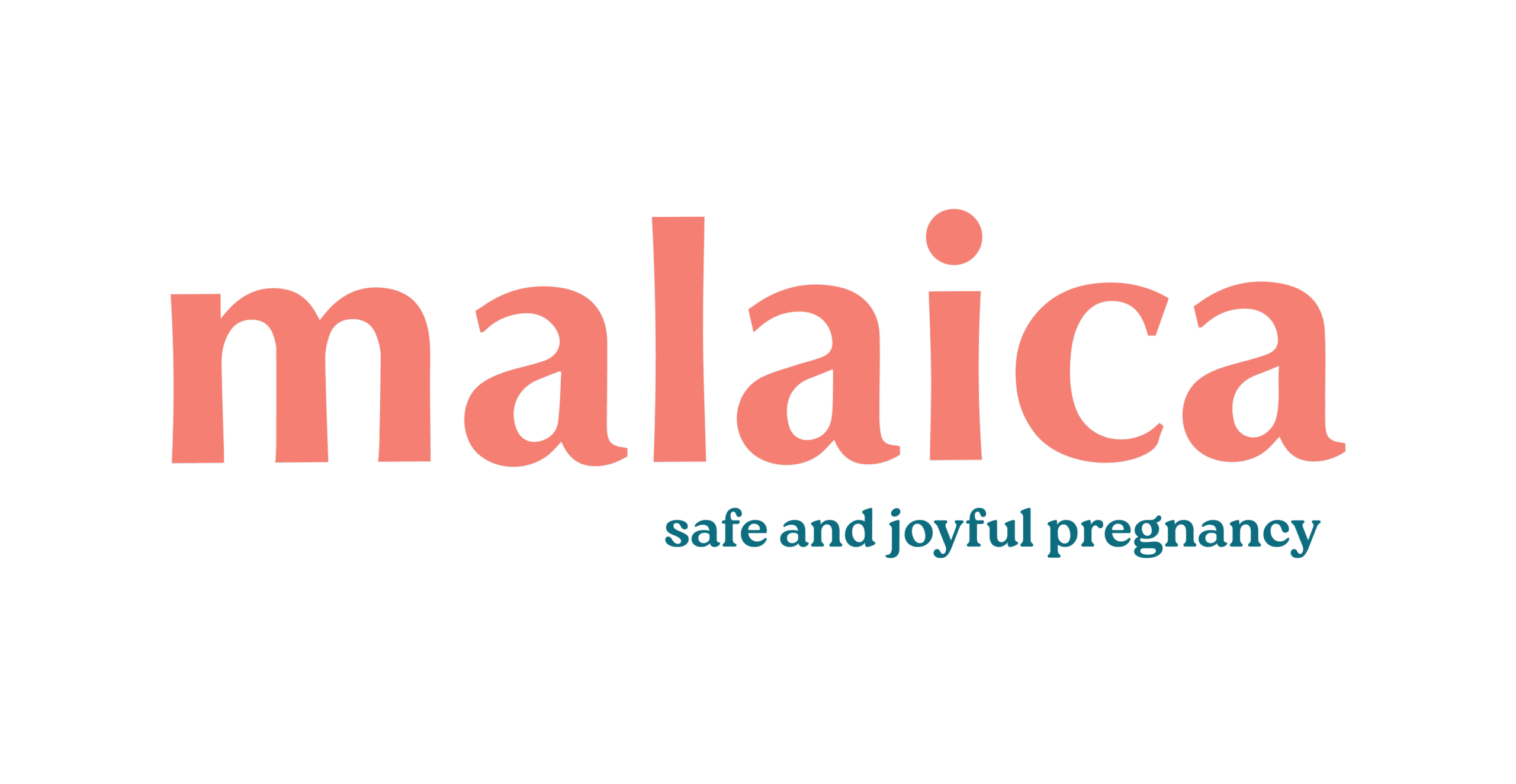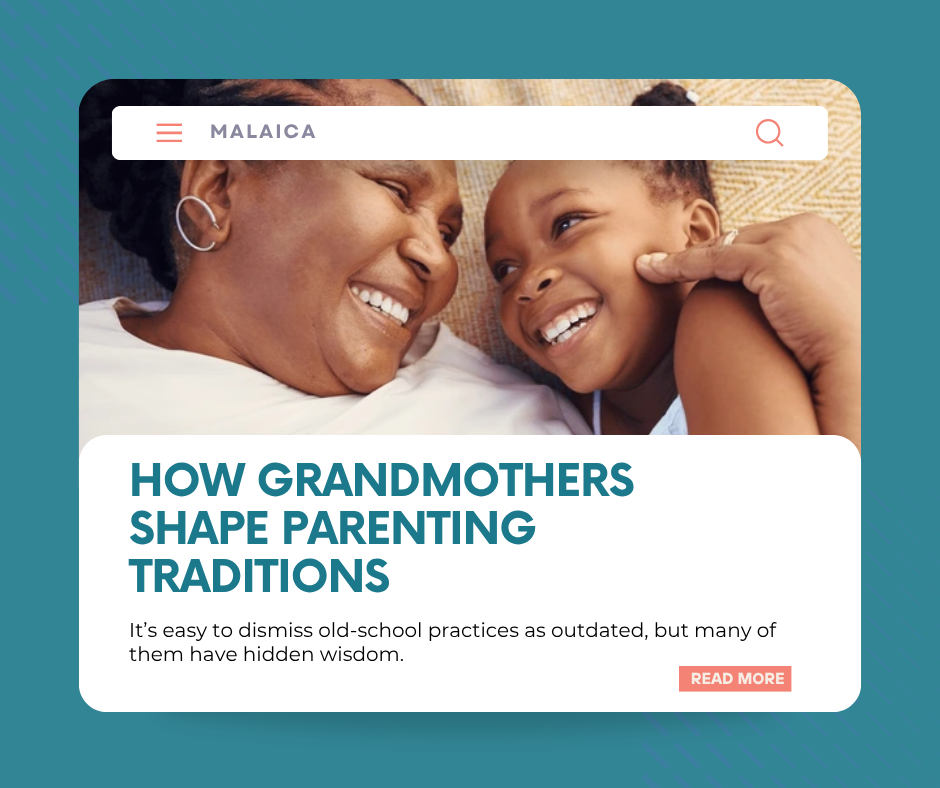Put a finger up if you’ve seen those TikTok videos where the grandparents are spoiling their grandkids. You know the ones where the little one is happily munching on grapes as her grandma handles her pedicure. Those videos are funny and heartwarming, but they also reflect a deeper truth: grandmothers play an enormous role in shaping how we raise our children, blending old traditions with modern-day parenting philosophies.
Across cultures, grandmothers have always been the custodians of child-rearing wisdom. They are the living archives of how things were done “back in the day.” Whether it’s the way they soothe a crying baby, cook healing soups for a new mother, or insist that “a little dirt won’t hurt,” their influence runs deep. And while new parents today have endless blogs, podcasts, and parenting books at their fingertips, there’s something grounding about having a grandmother in the mix a voice of experience in the chaos of modern parenthood.
Before there were Instagram mom-fluencers, there were grandmothers. They’ve always been the first ones to show up after birth, armed with baby clothes, porridge recipes, and unsolicited advice. Their guidance often stems from a mix of instinct, lived experience, and cultural traditions passed down from generations.
Take, for instance, the concept of “postpartum confinement,” common in many African, Asian, and Latin cultures. Grandmothers often enforce a period of rest and care for the new mother, making sure she eats specific foods, stays warm, and focuses solely on recovery and bonding with her baby. While modern medicine might not support every detail of these rituals, the underlying principle, prioritizing rest, nourishment, and community support, is timeless.
In Kenya, you’ll often hear a grandmother say, “Mtoto haleleki na mama mmoja” (a child is not raised by one mother). It’s a phrase that captures the communal spirit of parenting that grandmothers embody. They step in not just as babysitters but as moral compasses, disciplinarians, and sources of emotional security for both the child and the parents.
Of course, there’s also the flip side. Modern parenting, with its focus on gentle discipline, baby-led weaning, and sleep training, can sometimes clash with the methods grandmothers grew up using. “In our days, we used to…” is often the prelude to a piece of advice that makes today’s parents squirm.
For instance, while you might insist that screen time should be limited, grandma might happily let your toddler watch Cocomelon so she can sneak in her soap opera. Or while you’re carefully sterilizing every bottle and toy, she’s letting the baby play in the soil because “it builds immunity.” These moments can create friction, but they also open up conversations about what parts of traditional parenting are worth preserving and which ones need updating.
It’s easy to dismiss old-school practices as outdated, but many of them have hidden wisdom. Take the emphasis grandmothers place on touch and closeness, holding, rocking, and carrying babies on the back. Science now confirms that physical touch is crucial for infant development, regulating stress and fostering secure attachment. What they might have described as “love” or “comfort” now has a neuroscience-backed explanation.
Beyond techniques and traditions, grandmothers provide something that’s hard to replicate in any parenting manual, emotional grounding. Their presence can soften the edges of new parenthood, especially during those early, exhausting months.
Many mothers describe how their own mothers or mothers-in-law bring calm during chaos. They don’t just cook and clean; they anchor the home. A grandmother’s lullaby, a whispered prayer, or a familiar smell of her cooking can turn an anxious household into a haven. Their intergenerational bond often reminds parents that while parenting trends may evolve, the core values of love, patience, and consistency never go out of style.
And for the grandchildren, the relationship is pure magic. Grandmothers see them with softer eyes, unburdened by the everyday stress of parenting. They allow joy to lead the way, storytelling, dancing, and sneaking an extra sweet here and there. These moments build memories that outlast toys or gadgets, teaching children that family love comes in many forms.
Parenting today doesn’t have to be a tug-of-war between old and new. The real power lies in blending both worlds. Imagine pairing grandma’s herbal remedies with your pediatrician’s advice or combining her stories about traditional lullabies with your baby’s bedtime playlist.
For many families, involving grandmothers in child-rearing also preserves cultural identity. They become the storytellers of heritage, teaching proverbs, songs, recipes, and values that connect children to their roots. In an increasingly globalized world, this connection to tradition is not just precious, it’s grounding.
Still, setting boundaries is key. Modern parents have the right to establish their own routines and rules. The trick is to approach these conversations with respect rather than confrontation. Instead of “Mum, don’t do that,” try “Mum, can we try doing it this way? It’s what the doctor recommended.” That way, grandmothers feel valued, not dismissed.
Grandmothers are often the bridge between generations, keeping traditions alive while witnessing them evolve. They remind us that parenting isn’t just about rules and routines; it’s about nurturing a child within a web of love, history, and community.
So the next time you see one of those TikTok videos where a grandmother is sneaking sweets to her grandkid or rocking them to sleep “the old way,” smile. Because behind that small act is a lifetime of love, culture, and wisdom being passed down.
Parenting trends will continue to change, but grandmothers will always be there quietly, lovingly shaping the future through the stories, values, and tenderness they share.


